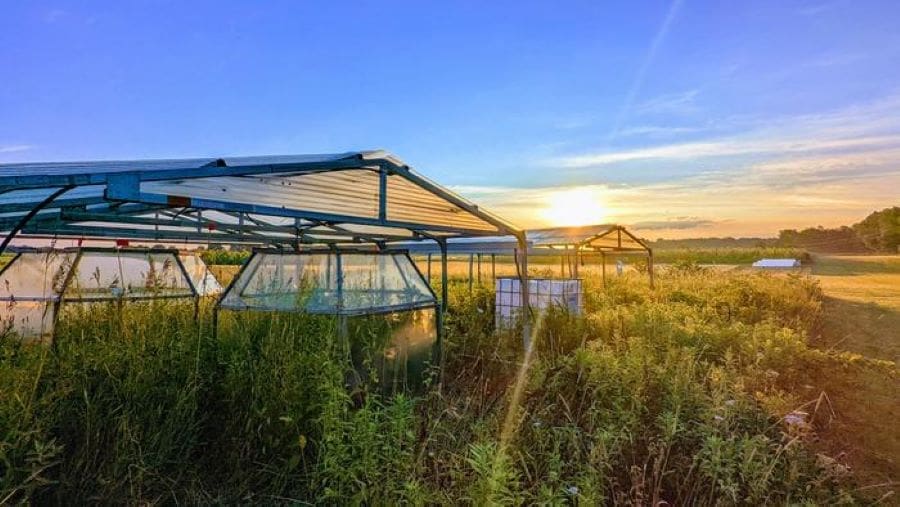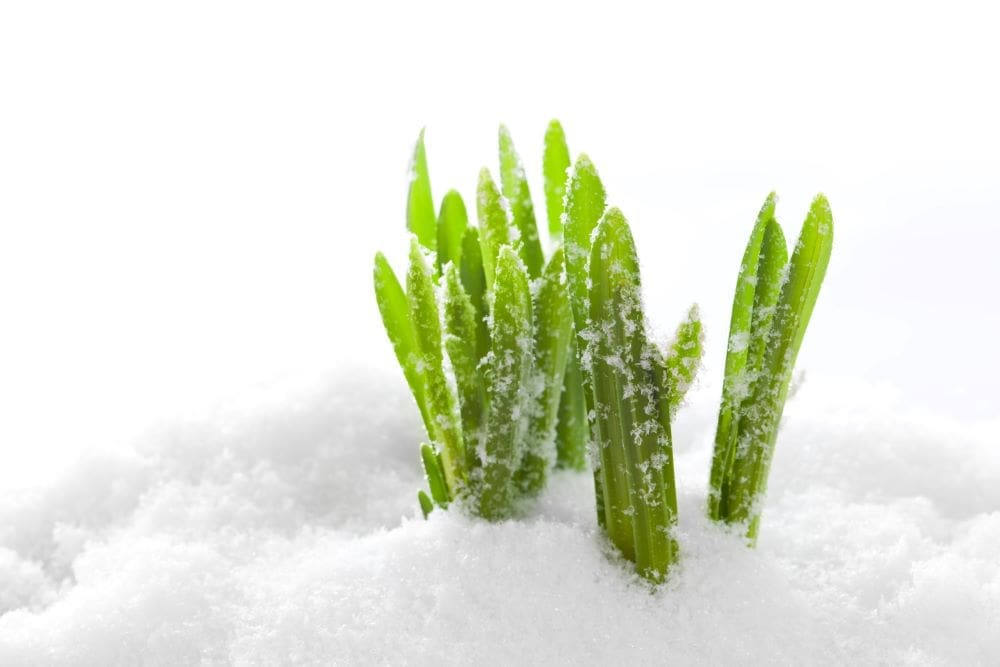Summary:
Scientists may be underestimating how plants respond to climate change by focusing too narrowly on summer conditions, according to a new study published in Global Change Biology. Researchers from Michigan State University compiled data from 126 experimental warming studies worldwide to examine how plant traits and communities react to rising temperatures. They found that the timing, duration, and environmental context of warming experiments significantly influence observed outcomes, meaning that summer-only simulations may fail to capture the broader impacts of year-round climate change, particularly winter warming.
The study analyzed how 13 different plant traits and community properties respond to warming, noting that some, like biomass, increased while others, such as aboveground nitrogen content, declined. Effects also varied with factors such as latitude, species type, and distance from a plant’s native range edge. Notably, reproductive traits became more sensitive to warming at higher latitudes. The research also pointed to significant gaps in existing studies, especially regarding non-native and non-vascular species.
“This important global synthesis of warming effects on plants across many ecosystems can be used to inform models of future impacts,” said co-author Phoebe Zarnetske of MSU’s Integrative Biology department. The team emphasizes the need for longer, seasonally inclusive, and globally coordinated experiments to more accurately predict how plant life will respond to climate change.

Some studies might not paint full picture of how plants respond to climate change
An MSU team synthesized data from 126 simulated warming experiments from across the globe to provide insights into how plants respond to a hotter climate. In their findings, now published in Global Change Biology, they learned that experiments with warming only during summer months showed less-pronounced results than year-round experiments.
This could mean that summer-only experiments don’t account for the important effects of winter warming and may provide conflicting results.
The study also unveiled a lack of research on the effects of warming on non-native species, potentially hindering scientists’ ability to understand how these species respond to climate change. The authors identified knowledge gaps in current studies, suggesting that future warming experiments should last longer to allow for multiple seasons and years of warming.
“This important global synthesis of warming effects on plants across many ecosystems can be used to inform models of future impacts,” said Phoebe Zarnetske, an author and professor in MSU’s Integrative Biology department and Ecology, Evolution and Behavior, or EEB, Program. “We hope to inspire more experiments to fill knowledge gaps of climate change impacts on plants and their communities.”
Zarnetske is also principal investigator of the Spatial and Community Ecology Lab (SpaCE Lab), whose long-term and year-round warming experiment at Kellogg Biological Station’s Long-Term Ecological Research, or LTER, Site was one of the 126 sites in the meta-analysis. Its first seven years were summarized in a recent publication.
Understanding global changes
Around the world, researchers are working together through coordinated efforts, such as the LTER network, to better understand how plants respond to global changes across different environments.
In their latest paper, the MSU team analyzed studies that used open-top chambers to investigate how temperature increases caused changes in plant traits and plant community properties. They also explored how the severity of changes varied based on location, experimental methods and plant identity.
“Experiments that simulate warming are critical for helping scientists uncover the processes driving these changes,” author and integrative biology and former EEB Ph.D student Kara Dobson said.
The scope of the analysis allowed researchers to identify global trends in plant responses and predict what may happen in the future as temperatures continue to climb.
The results were striking. MSU’s team found that plants in temperate regions with hot summers and cold winters show more pronounced responses to warming than those grown in more tropical regions with less extreme variations in temperature.
Previous studies have suggested that non-native plants could benefit from future climate conditions, potentially increasing the likelihood that they spread or become invasive. Meanwhile, non-vascular plants have often shown negative responses to warming, raising concerns that they could decline globally as climate conditions continue to change. However, this study highlights the lack of research on the effects of passive warming on non-native and non-vascular species, especially compared to their native and vascular counterparts.
Including a broader variety of plant types in climate research, as well as coordinating these experiments across different environment and over long periods of time, will help us understand which species are likely to thrive – or struggle – in a warmer future.
“This study is unique in terms of the size of the dataset we collected,” Dobson said. “It brings together data from experiments across the globe and from all continents, including Antarctica.”
***
Funding for this research comes from the National Science Foundation Research Traineeship Program, the Kellogg Biological Station-LTER and the MSU College of Natural Science.
Journal Reference:
Dobson, K. C., and P. L. Zarnetske, ‘A Global Meta-Analysis of Passive Experimental Warming Effects on Plant Traits and Community Properties’, Global Change Biology 31, 6: e70306 (2025). DOI: 10.1111/gcb.70306
Article Source:
Press Release/Material by Caleb Hess | Michigan State University (MSU)
Featured image credit: bedneyimages | Freepik




